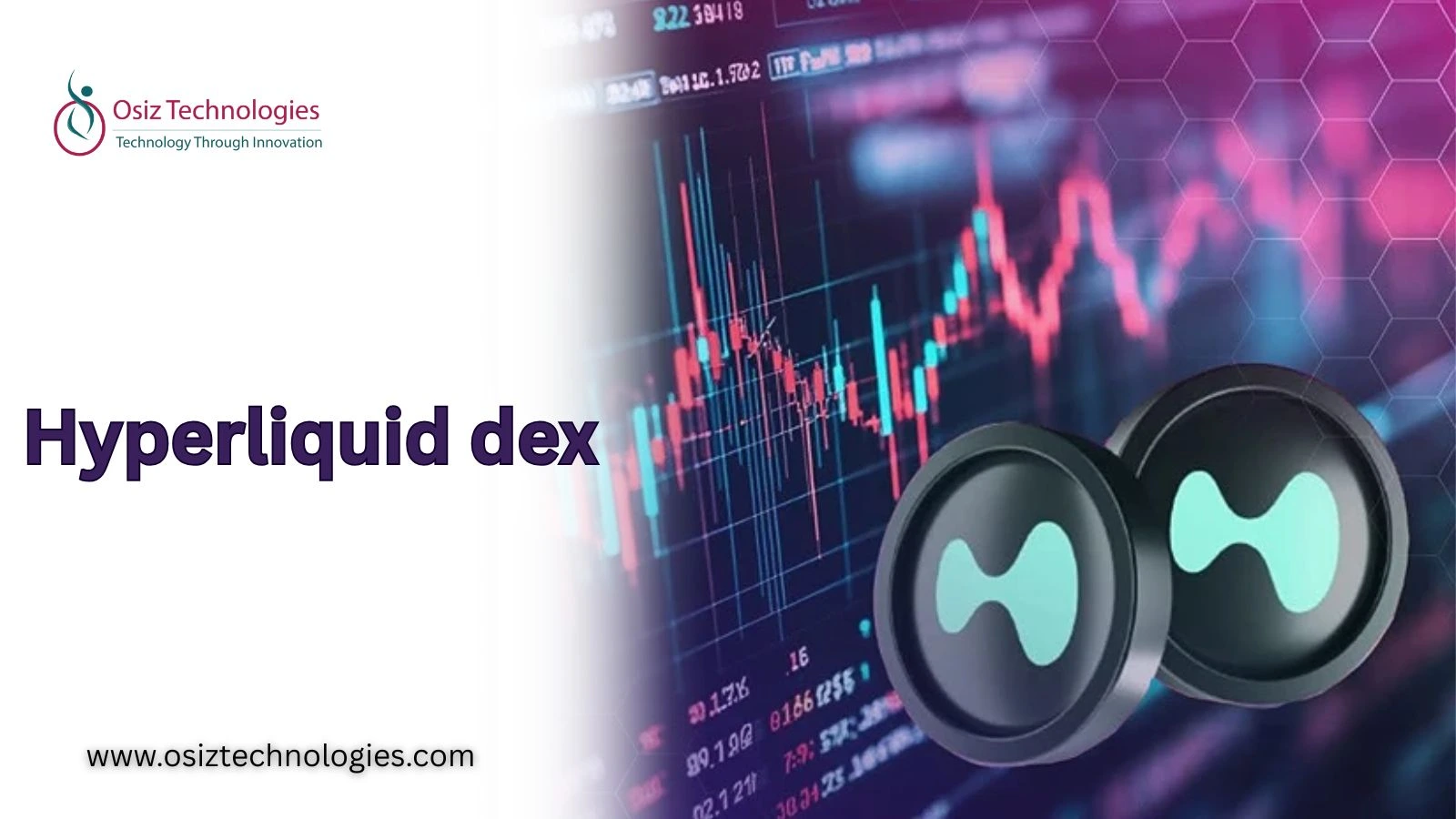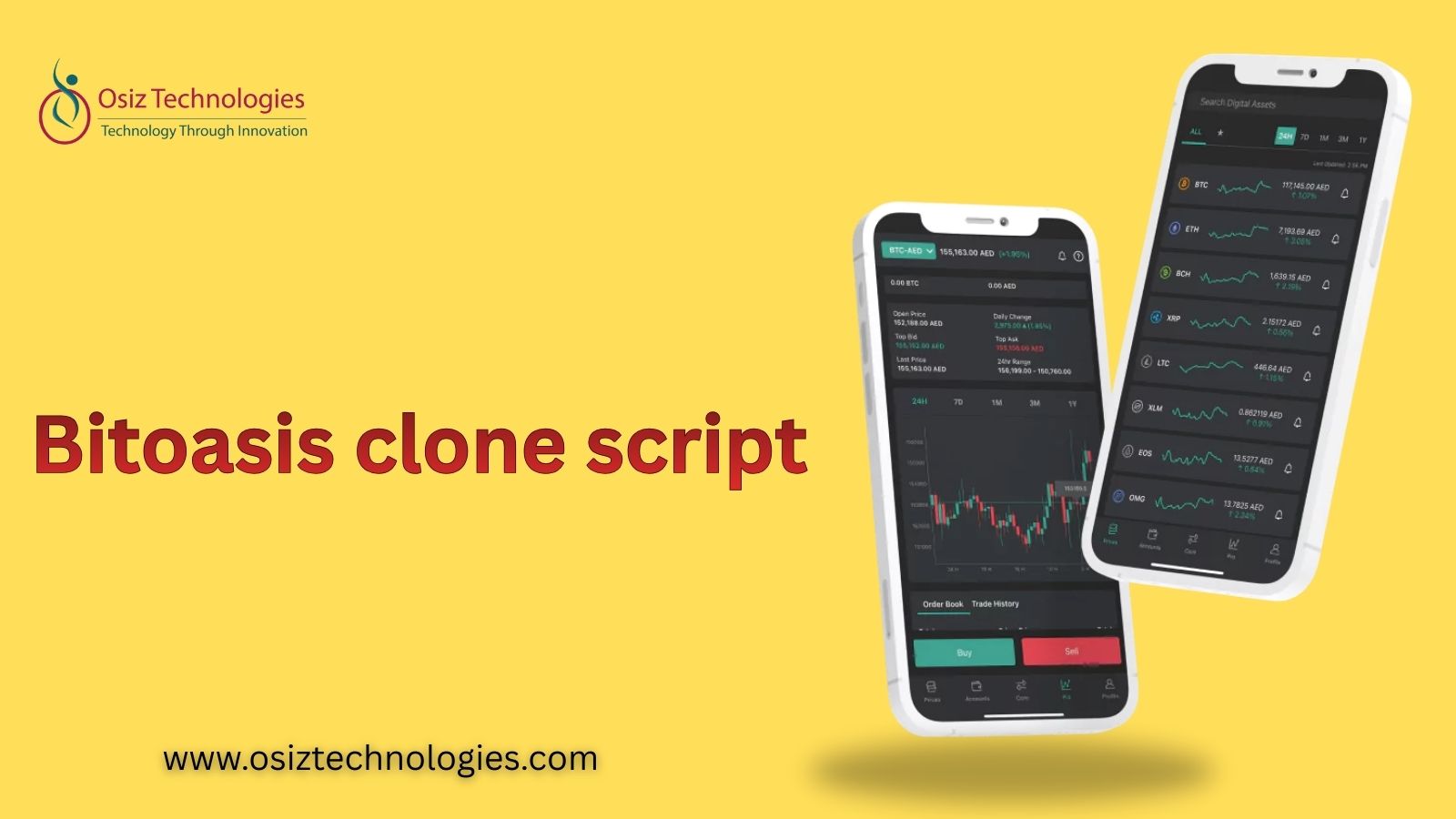A Prelude to IoT
The Internet of Things (IoT) is a network of physical devices, vehicles, appliances, and other physical objects that have sensors, software, and network connectivity to collect and share data. These smart objects can range from effortless smart home devices like thermostats with sensors to wearables like smartwatches and RFID-enabled clothing, as well as complex industrial machinery and transportation systems.
The Foundation of Smart Manufacturing
The connectivity and intelligence provided by IoT form the foundation of smart manufacturing. IoT, at its core, entails the integration of devices, sensors, and systems all over the manufacturing environment, resulting in a network in which data flows seamlessly. This network allows for real-time monitoring, analysis, and control, launching in an era of efficiency and responsiveness.
Real-Time Monitoring and Decision-Making
One of the key advantages of IoT in manufacturing is its ability to offer real-time insights into each phase of the manufacturing process. Sensors embedded in machinery and equipment collect information on variables such as temperature, pressure, humidity, and machine performance. This data is subsequently sent in real-time to a central system, letting manufacturers track processes with unprecedented precision.
IoT data's real-time nature allows for quick decision-making. Manufacturers may spot challenges, monitor equipment health, and respond quickly when conditions deviate from ideal.
Predictive Maintenance
Predictive maintenance is one of the most notable IoT applications in manufacturing. Maintenance activities have traditionally been scheduled at regular intervals, resulting in both inadequate use of resources and unanticipated breakdowns. Manufacturers can use IoT-enabled sensors to take a predictive approach.
These sensors constantly track the status of machinery, detecting subtle alterations that could indicate a problem. The data is then analyzed by predictive analytics algorithms, which provide insights into when servicing is likely required.
Enhancing Quality Control
Quality control is critical in manufacturing, and IoT can help ensure product quality. Sensors on production lines can monitor the entire manufacturing process, from raw material input to the final product. Any deviations from the established quality parameters generate immediate alerts, allowing for immediate corrective action. Furthermore, the data gathered during the manufacturing process can be assessed to locate correlations and trends that assist in quality improvements.
Supply Chain Visibility
Visibility extends beyond the shop floor in the interconnected world of IoT to include the entire supply chain. IoT provides end-to-end visibility from the time raw materials are sourced to the delivery of finished goods.
Transparency merely improves supply chain efficiency, but it also encourages interaction between suppliers and partners. Informed decision-making becomes a collaborative effort, reducing disruptions and improving overall supply chain resilience.
Energy Efficiency and Sustainability
IoT plays an important role in promoting manufacturing sustainability. IoT-enabled smart grids and energy management systems enable manufacturers to optimize energy consumption on the shop floor. Equipment can be programmed to run at peak efficiency during times of low energy costs, resulting in cost savings and sustainability for the environment.
Challenges and Considerations
While the advantages of IoT in manufacturing are substantial, implementing this technology is not lacking difficulties. Several factors must be considered to ensure a successful integration
Security Concerns
IoT devices are sensitive to cybersecurity threats due to their interconnected nature. It is critical to protect sensitive data and ensure the security of the IoT network. Strong cybersecurity measures, such as encryption and authentication protocols, are required.
Data Management Complexity
The amount of data produced by IoT devices can be overwhelming. To efficiently collect, store, and analyze data, manufacturers require effective data management strategies. To handle large datasets, cloud-based solutions, and advanced analytics tools are frequently used.
Integration with Existing Systems
Many manufacturing sites presently have established systems and machinery in place. Integrating IoT seamlessly with existing infrastructure can be difficult. Compatibility issues, interoperability concerns, and potential disruptions during the integration process must all be carefully managed.
Workforce Training
The successful implementation of IoT in manufacturing necessitates a skilled workforce capable of managing and leveraging the technology. Upskilling programs and training initiatives are critical to ensuring that employees can effectively operate, monitor, and troubleshoot IoT-enabled systems.
Future Implications and the Road Ahead
As technology advances, the role of IoT in modern manufacturing will grow even more. The convergence of IoT with other emerging technologies such as artificial intelligence (AI), machine learning, and blockchain will define the future of smart manufacturing. Among the key trends and implications are:
Advanced Analytics and AI
Manufacturers will gain deeper insights from data by combining IoT with advanced analytics and AI. Predictive analytics and machine learning algorithms will become more important in optimizing manufacturing processes.
Edge Computing
The need for real-time data processing and analysis at the network's edge becomes more critical as IoT devices proliferate. Edge computing reduces latency and improves the responsiveness of IoT-enabled systems by processing data closer to the source.
Human-Machine Collaboration
Humans' roles in manufacturing will shift from manual to strategic. Human workers will increasingly focus on tasks requiring creativity, critical thinking, and complex problem-solving as IoT handles routine monitoring and decision-making.
Windup
The Internet of Things (IoT) is a transformative force in modern manufacturing, optimizing processes, increasing productivity, and ushering in a new era of efficiency and innovation. Manufacturers are embracing the power of connectivity, ushering in a paradigm shift toward smart manufacturing and Industry 4.0.
As a leading Crypto Exchange Development Company, Osiz Technologies is an expert in the development of cutting-edge Internet of Things (IoT) projects. With a focus on innovation, efficiency, and client satisfaction, Osiz has established itself as the leading provider in IoT development, providing a wide range of services that enable businesses to capitalize on the transformative potential of the IoT ecosystem. In addition, our firm offers our clients top-notch services like AI development and Metaverse development.
Supercharge your manufacturing efficiency with IoT – Embrace the Future Now!
Listen To The Article
Recent Blogs

X-Mas 30%
Offer












